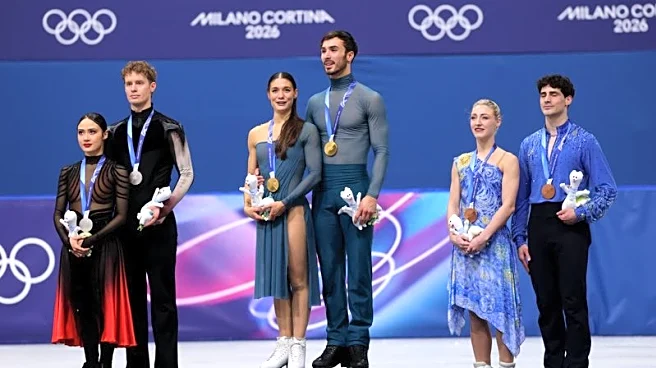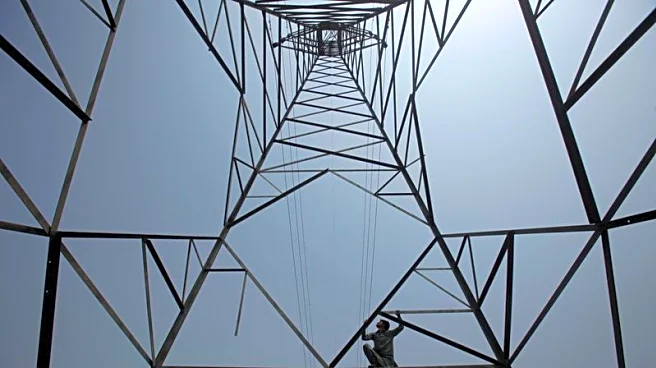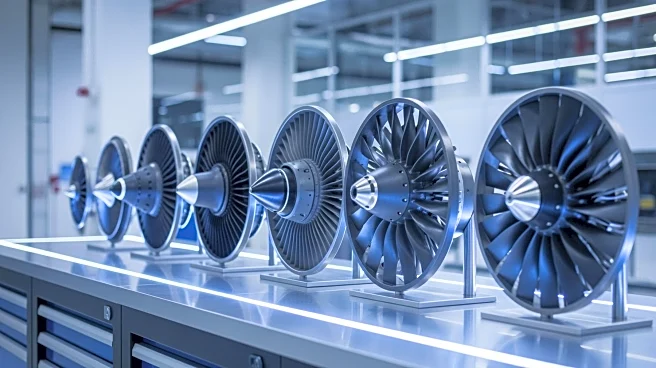By David Lawder and Susan Heavey
WASHINGTON (Reuters) -U.S. Treasury Secretary Scott Bessent said on Tuesday that he will meet his Chinese counterpart next week and discuss what is likely to be an extension
of an August 12 deadline for higher tariffs.
Bessent told Fox Business Network's Mornings With Maria program.that trade with China was in "a very good place" and the meetings in Stockholm would take place next Monday and Tuesday.
"I think we've actually moved to a new level with China, where it's very constructive and... we're going to be able to get a lot of things done now that trade has kind of settled in at a good level," Bessent said.
While a previous tariff truce was focused on restarting the flow of Chinese rare earth metals and U.S. semiconductor software and materials, Bessent said that in Stockholm, Trump administration officials would discuss other issues, including reducing China's over-reliance on manufacturing and exports.
"Hopefully we can see the Chinese pull back on some of this glut of manufacturing that they're doing and concentrate on building a consumer economy," Bessent said.
He said he also wants to issue warnings to China about continuing to buy sanctioned Russian and Iranian oil and China's efforts to aid Russia's war against Ukraine.
Bessent said that there was bipartisan support in the U.S. Senate for legislation aimed at imposing tariffs of 100% on goods from countries that continue to buy Russian oil, namely China and India.
"I'm going to be in touch with my European counterparts. The Europeans that have talked a big game about sanctioning Russia, and it'll be very important for the Europeans to also be willing to put on these high level of secondary tariffs for sanctioned Russian oil."
He said that the U.S. was poised to announce "a rash of trade deals" with other countries, and Japan could be among these despite an election setback for Japan's ruling party and difficult negotiations.
"I wouldn't be surprised if we aren't able to iron out something with Japan pretty quickly," Bessent said.
Nonetheless, he said that for most countries, tariffs would "boomerang" back towards April 2 levels from the current 10%, but negotiations on trade deals could continue.
(Reporting by David Lawder and Susan Heavey; Editing by Andrew Heavens and Chizu Nomiyama )











